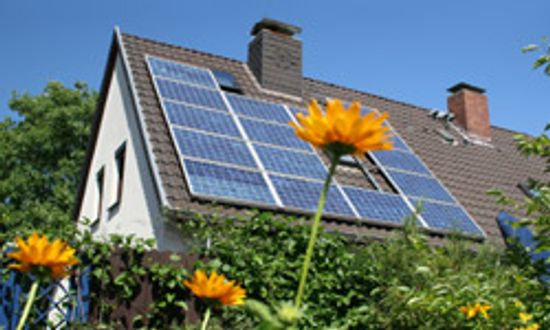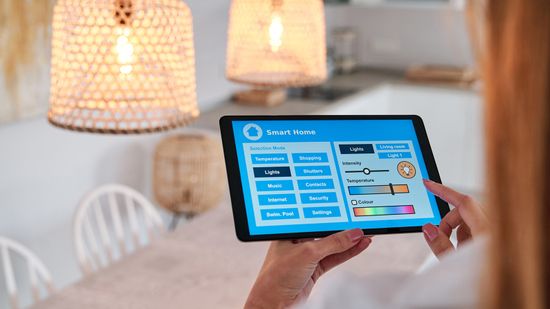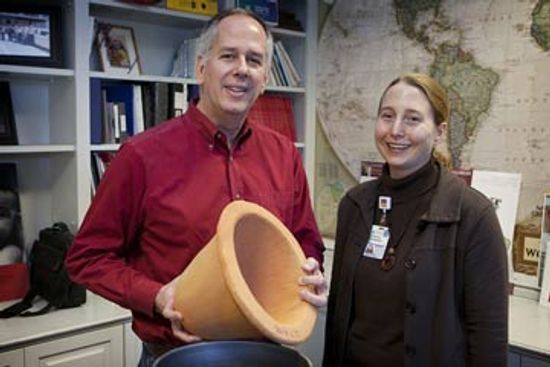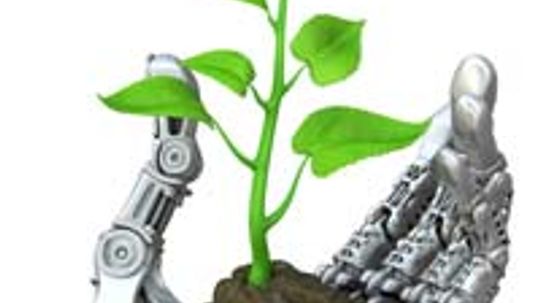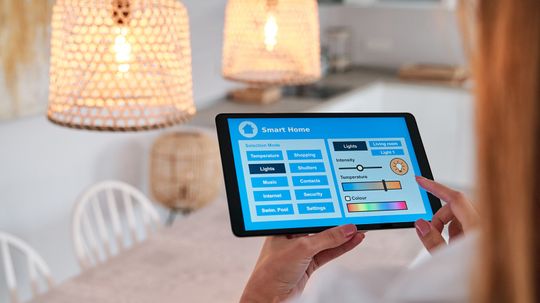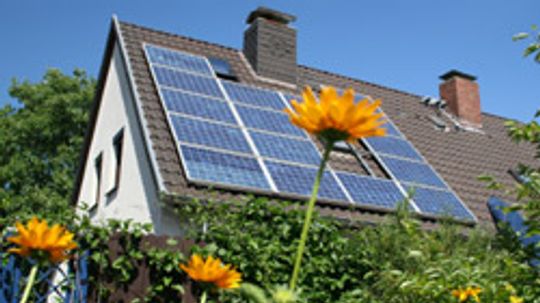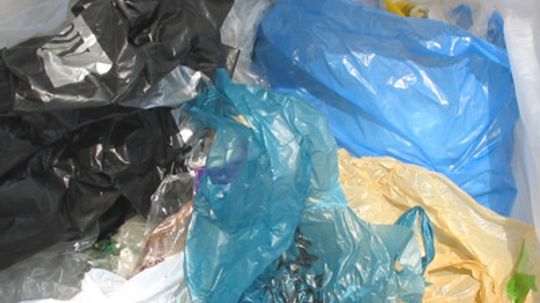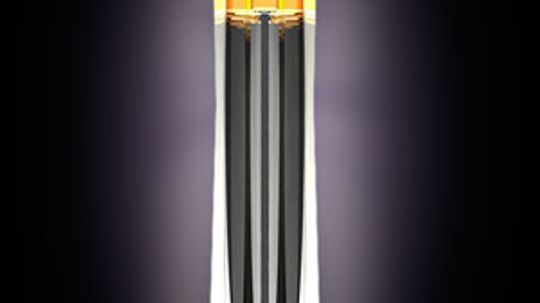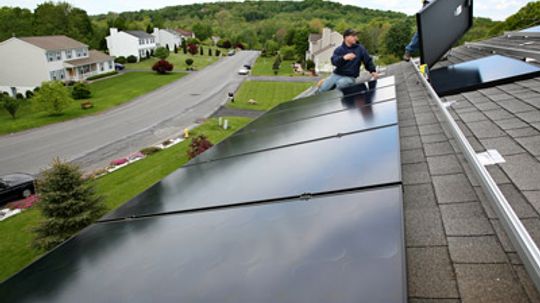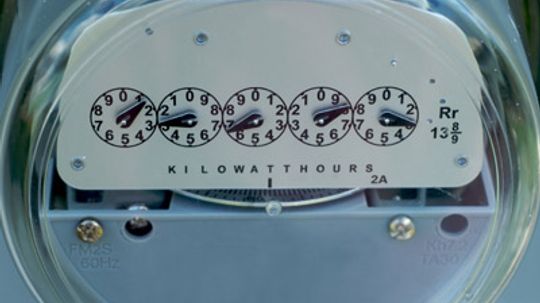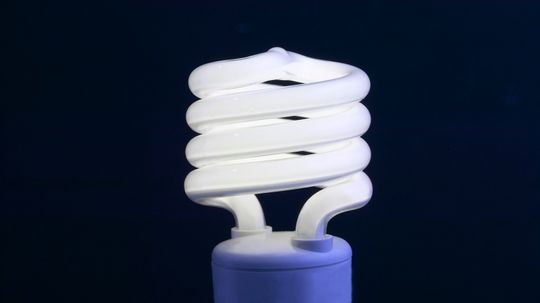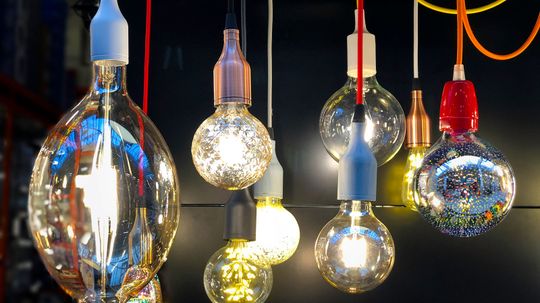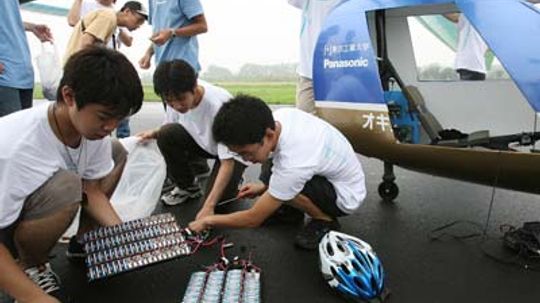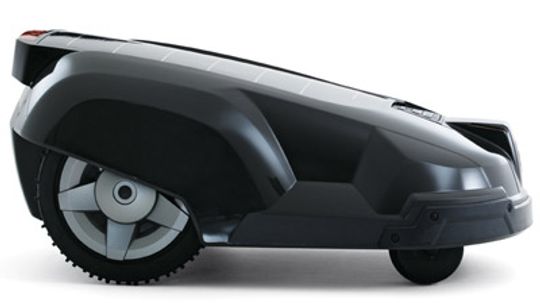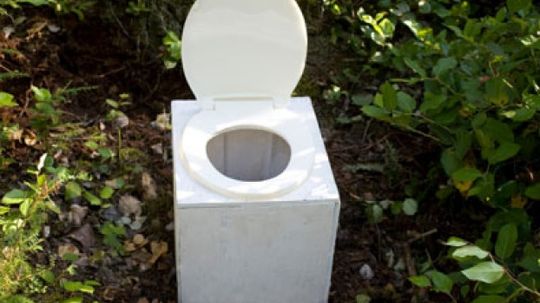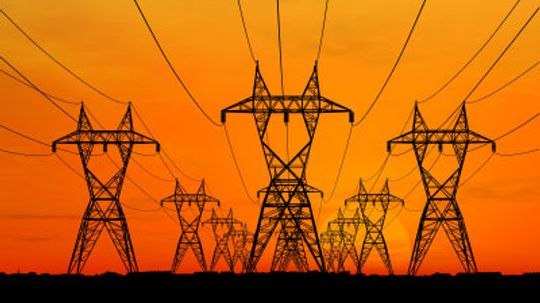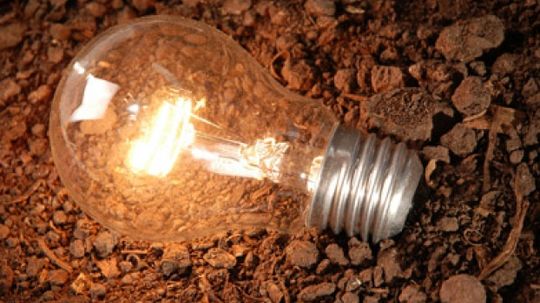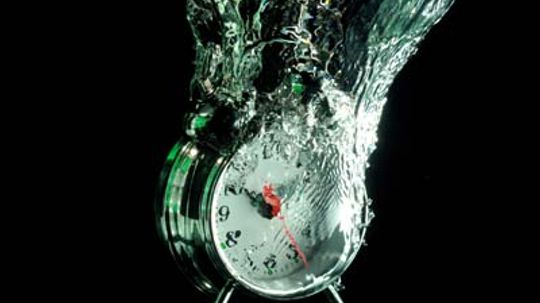Sustainable Technologies
Sustainable technologies work to reduce waste while maintaining efficiency. Learn about new ways to reduce your environmental impact in this section.
Learn More
As urban populations grow, some cities are redefining what it means to live in the future. The most futuristic cities are more than just skylines; they're powered by renewable energy, connected through IoT technology, and built around sustainability.
There's nothing particularly organic about a robot, even if you dress it in hemp and fuel it with alternative energy. But these five can help our planet one mechanical movement at a time.
By Robert Lamb
Sure, your hair dryer or toaster sucks up a lot of kilowatt-hours during the short time it's on, but what are the truly big drains on your home energy budget?
By Julia Layton & Sascha Bos
Advertisement
While rebates and tax credits have put solar power within reach for many homeowners, it's still an expensive undertaking. How do you make sure you get your money's worth?
By Julia Layton
Energy efficiency is starting to rank right up there with speed and power in terms of desirable attributes for a computer. What are five of the most energy-efficient computers on the market?
Some of the newest ideas in technology come from very old ideas -- they're inspired by nature. How do the plants and animals around us give engineers ideas?
Eco-plastic seems like an oxymoron, and it very well may be. What exactly is eco-plastic, and does it really help the environment?
By Julia Layton
Advertisement
Without a doubt, plastic is useful. It's also everywhere - filling up landfills and recycling bins. These 10 twists on the common polymer are trying to change that reality.
Alternative energy usually means something is mined, refined, collected or grown. But gravity-powered floor lamps rely only on a force of nature -- and the strength of a human being.
By Julia Layton
Photovoltaic solar panels are like windows -- they build up a coating of grime that requires a good cleaning from time to time. What's the alternative to climbing the roof with a squeegee and bucket of suds?
How much energy does your TV use when it's plugged in all night? How much power is your stereo system draining from the socket monthly? The Kill A Watt and other energy monitors help you find out.
By Julia Layton
Advertisement
As the symbol of innovation, the incandescent light bulb is not very innovative. Luckily, there's a new type of light bulb -- a greener one -- that stands poised to replace Edison's most famous invention as the icon of ideation.
By William Harris & Sascha Bos
If you've ever used a solar-powered calculator, you've experienced the power of thin-film solar cells. But can spray-on solar panels take that technology one step further?
When you get that gas or electric bill at the end of the month, you may swear off long, hot showers. But if your resolution always seems to cool after a few days, you might be a good candidate for a solar water heater.
By Julia Layton
Imagine finishing off a nice cup of morning coffee and then, instead of throwing the grounds into the trash, pouring them into a cartridge where they become printer ink.
Advertisement
LED light bulbs have taken over the market. But what are their pros and cons?
While you shouldn't expect to find a "flying electric" option at the airport anytime soon, electrically powered aircraft not only exist, but the technology continues to evolve at an encouraging rate.
By Robert Lamb
Ever wish the lawn would just mow itself? Well, the Husqvarna Automower is about as close as you'll get to that dream -- with the added bonus of using the sun for power.
From toothbrushes to iPhones, we fill our lives with a seemingly unending string of gizmos -- all of which depend on electricity to give us what we need to make it through the day. What if you could generate that power?
By Robert Lamb
Advertisement
The world flushes up to 20 percent of its drinking water down various drains. That's a lot of water going to waste. Waterless toilets could squelch the squandering.
Solar energy is abundant and infinitely renewable. Therefore, it's not surprising to see the proliferation of devices that rely on the sun -- especially solar aircraft.
The Northeast Blackout of 2003 left millions without power and cost approximately $6 billion. Experts believe we can avoid future blackouts by storing energy along the U.S. electric grid.
Did you ever make a potato clock as a kid? If so, you already understand the basic principles that make a soil lamp work.
By Julia Layton
Advertisement
A 10-minute shower can seem like nothing on a cold, sleepy morning, but it might cost you 50 gallons of water (or more). Is there a way to limit the volume of water you use?
By Julia Layton
We live in a universe of clocks. The technology may not sound as dependable as your cell phone alarm clock, but humans have turned to water-powered clocks for more than three and a half millennia.
By Robert Lamb
